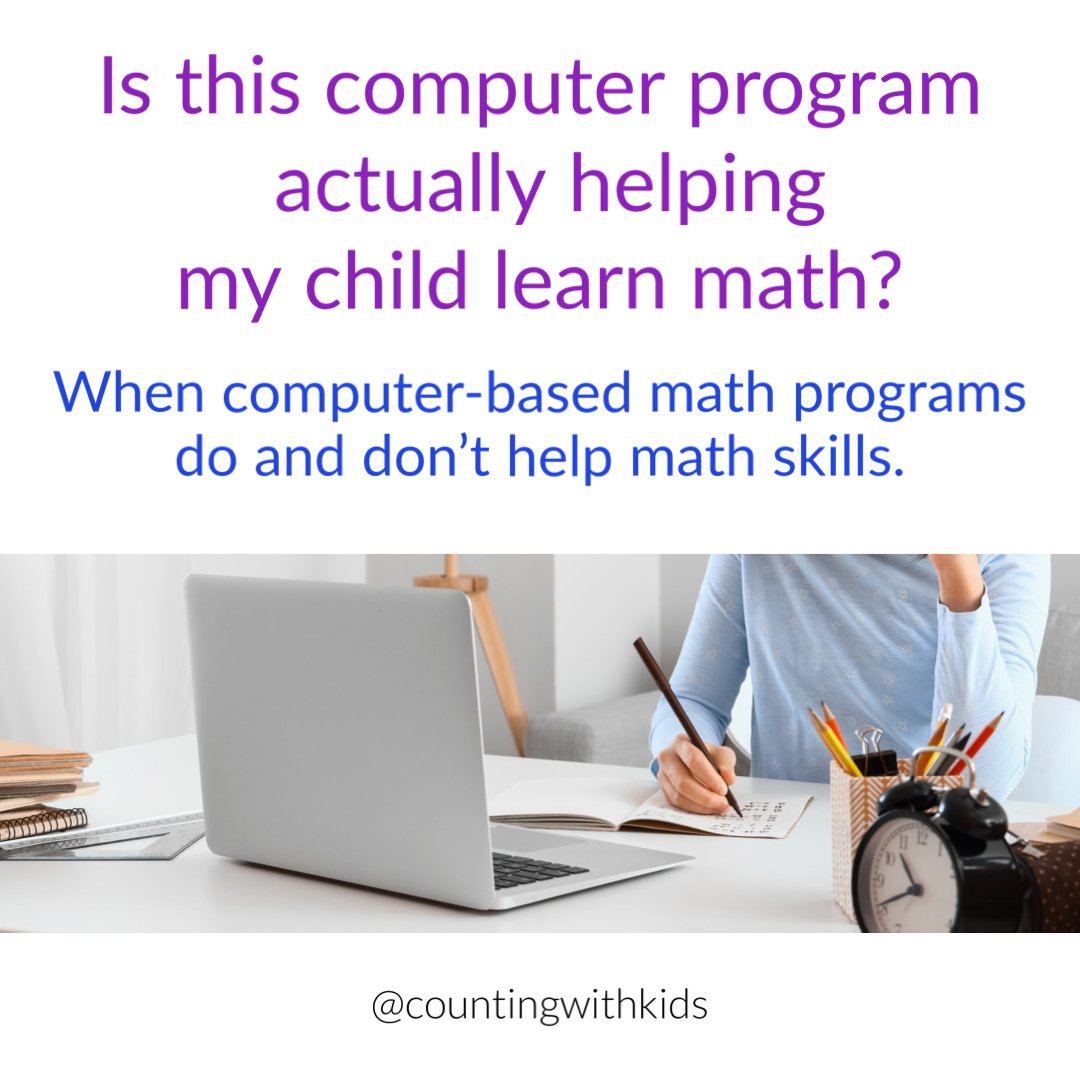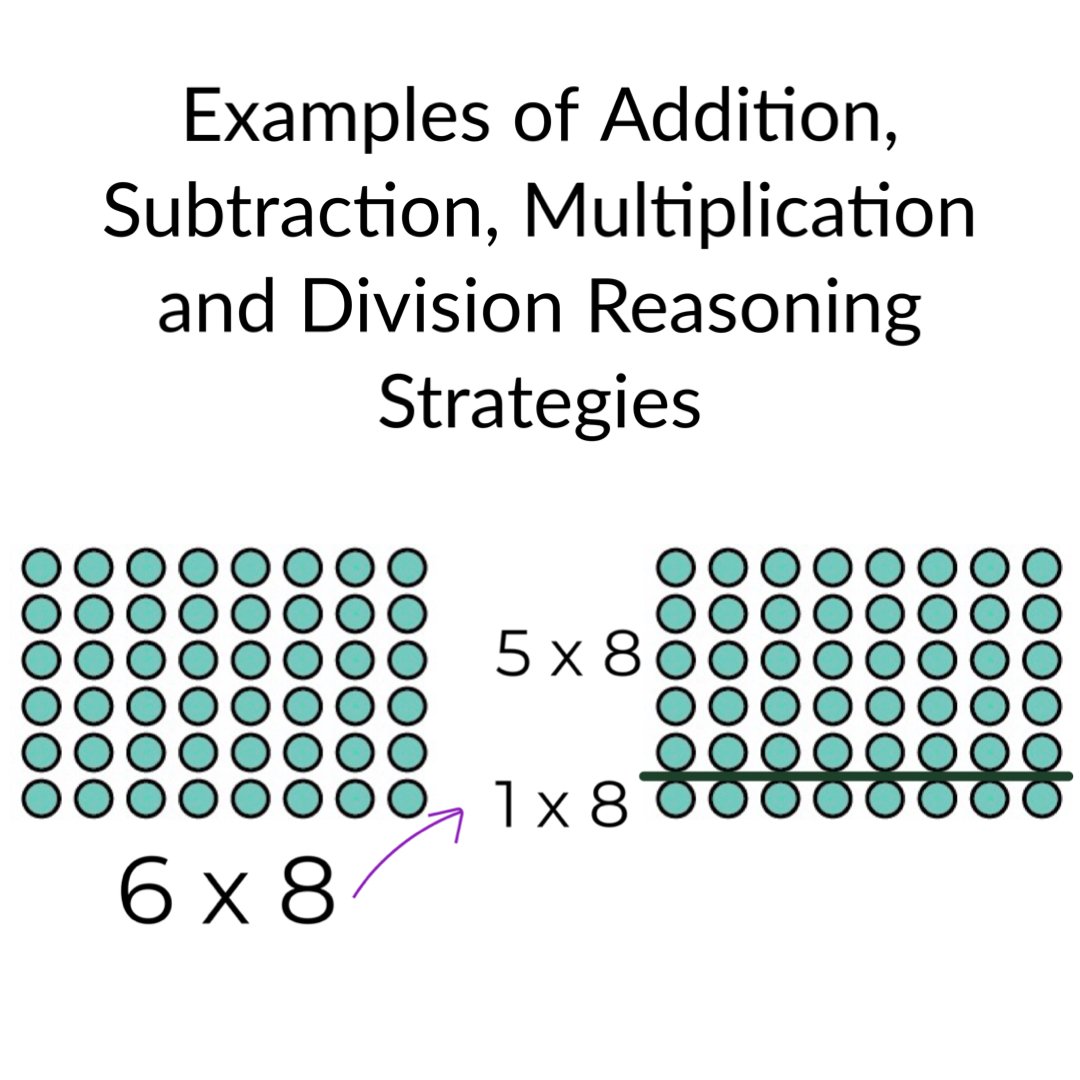Information for Parents and Early Childhood Educators
My Favorite Math Toys & Games for Every Age Level
Looking for some fun math toys or games? I’ve compiled lists of our favorites by age level to make your shopping easier!
How Do We Teach Math Well?
In this post is my current working model for what must be included in effective math classes based on 15 years of working in math education, coaching and training hundreds of math teachers, and reading dozens of math education books and as much research about math and how we learn as I can find. I’ve been in a lot of great math classes and I’ve seen a lot of math classes that weren’t effective. It is the combination of all of these experiences that have led me to my list of non-negotiables in math class.
The Five Components of Math Proficiency
Let's dive into what it truly means to be proficient in math because an understanding of how the research defines math proficiency helps us define the best way to teach math.
The Math Wars: What's Most Important in Math Instruction?
In recent months, the so-called Math Wars have gained steam on social media. One side says that conceptual understanding and strong problem-solving skills are the keys to being successful in math, while the other says that strong procedural fluency is the thing strong math students need most. So who's right? Let’s look at what the research says about this age-old debate.
Are Timed Fact Tests Helpful?
We all remember timed math fact drills from school. But are they helpful? The research is mixed. I explain when timed fact tests are most helpful and when they can be counterproductive.
Is This Computer Program Helping My Child Learn Math?
The use of computer-based math programs in US schools has grown rapidly in the post-pandemic era. The ability to differentiate the tasks students are working on based on what an individual student needs support with is one of the main reasons computer-based math programs have gained so much popularity. But are they actually working?
How to Make Math Make Sense
There's a popular math quote that says, "Children must hold math in their hands before they can hold it in their heads." The source of this quote is unknown, but it hits the nail on the head. In this post, I explain how I help math make sense no matter what the topic is.
How Place Value Understanding Progresses in Elementary Math
When a child understands place value, they understand that the location of each digit in a number defines its value. Here is an overview of how this knowledge develops as a child moves through elementary school.
What Is a Reasoning Strategy? Here Are Some Examples!
A reasoning strategy uses a child's understanding of number relationships and patterns (number sense) to figure out an unknown fact by relating it to one they already know. In this post, I share examples of reasoning strategies for addition, subtraction, multiplication, and division. This is by no means a complete list, but instead is meant to help you visualize and better understand what a reasoning strategy includes.
What Is Fact Fluency? How Does It Develop?
Did you know that research now shows that pure memorization of basic math facts through flash cards and timed tests is not the best approach for helping children build fact fluency? So what is the best approach? And how can you support your child at home? In this post, we'll do a deep dive into what fact fluency means, how it develops in a child, and how parents can support at home.
To Delay or Not Delay Kindergarten: What to Consider When Your Child's Birthday Is Close to the School Cutoff Date
The decision of whether to delay kindergarten for a child whose birthday is close to the age cutoff is a hotly debated topic, and because of this, I agonized over the decision for months. In this post I’ll share the research we read, the experts we consulted, and the process we followed to make the decision that felt right for our family. My hope is that what follows provides you with resources as you navigate through this decision for your own family.
Tips for Telling Time
As children learn to tell time, we want them to understand not just how to read a clock but also to be able to visualize the amount of time that has passed at a given time on the clock. Here are a few simple strategies you can use at home, for a variety of age levels, to help the concept of time feel concrete to your child:
3 Ways You Can Help Your Child with Math That Don't Require Knowledge of Specific Math Skills
Helping our kids with math often requires understanding the specific math skill they’re working on, but there are also simple things we can do to support their overall math problem-solving skills.
Here are 3 ways you can foster your child’s math problem-solving skills that don’t require knowledge of a specific math concept.
A Grownups' Guide to Reasoning Through Single-Digit Addition Facts
Addition and subtraction facts should not be learned through memorization alone. If we focus only on memorization, there are 200 single-digit addition and subtraction facts children would need to memorize. Instead, we want children to build fluency with these facts, which means that children are able to come up with the answers to these single-digit facts flexibly, accurately, and efficiently.
What's the Difference Between Standards/Guidelines and a Progression of Understanding?
My number one priority when creating early math learning activities is to create activities that tie to my children’s interests and expose them to age-appropriate concepts in a way that is fun and pressure-free.
When parents are navigating early math at home, the question often arrises of how to know what makes something “age-appropriate.”
In Early Math, Think Actions Not Operations
Word problems. Oh, word problems. They get such a bad rap. But what if word problems aren’t as scary as they’ve been made out to be? What if the fault lies not with the word problems, but with the way we think about them? Moreover, what if the problem is the way we teach children to think about them?
Helping Children Learn to Estimate
Have you ever asked your child to guess how many there were of something and gotten a blank stare in return? There’s a good reason for this! Estimating isn’t a skill that develops automatically. It takes a lot of practice!
Where Is My Child on the Counting Learning Progression?
Knowing where our children fall in the progression of counting skills allows us to ensure we are best supporting their early math growth.
Developing Early Number Sense
A lack of number sense is frequently the reason given when a student is struggling with math. But what do we really mean when we say “number sense” and why are so many students struggling with it?
Why Does Early Math Matter?
Did you know that research suggests that early math is the best predictor of future reading ability? Read more about why early math matters!




















